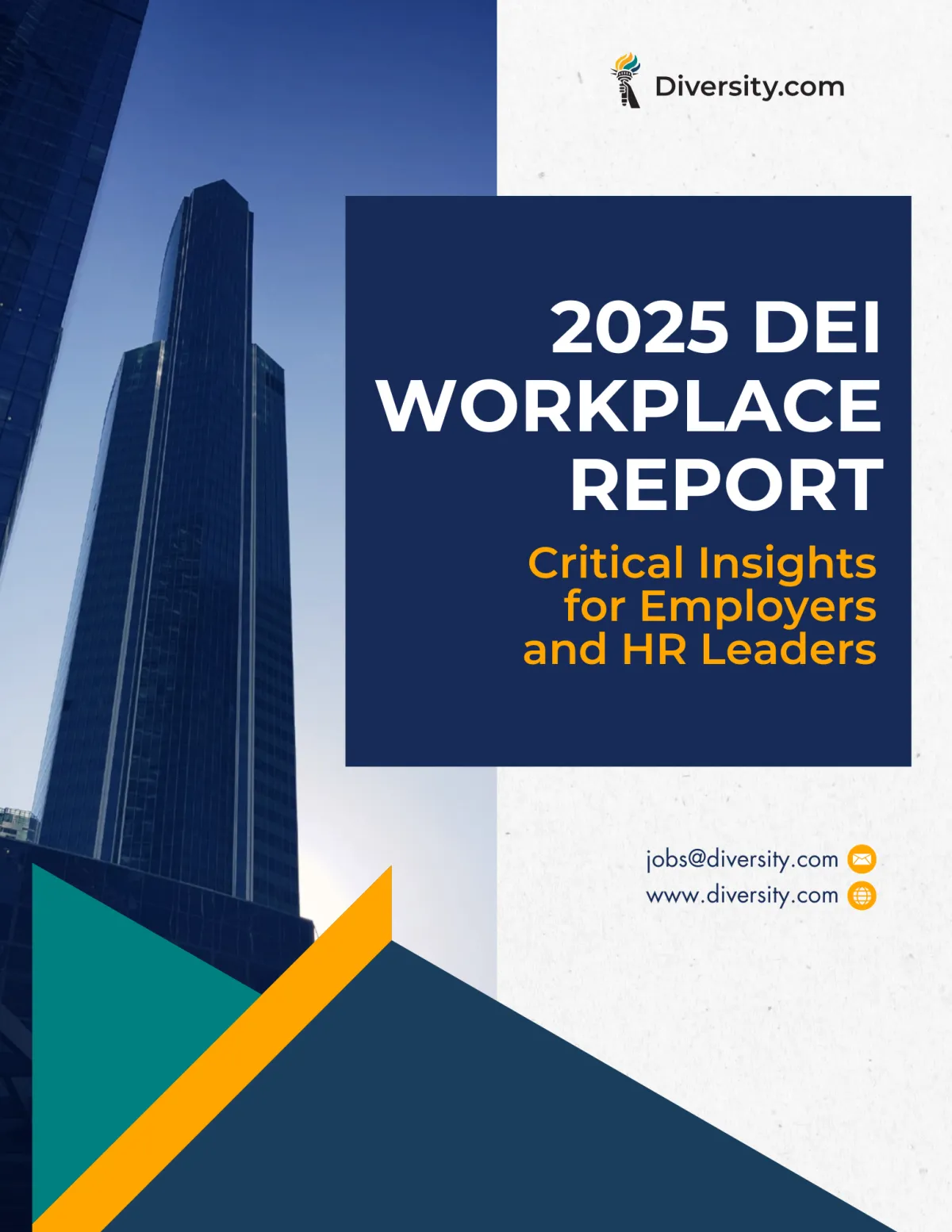
The DEI Incompetence Myth: Why Questioning DEI Also Undermines HR, CEOs, and Business Leaders
Challenging the Misconceptions Around DEI
In recent debates, Diversity, Equity, and Inclusion (DEI) initiatives have been unfairly labeled as breeding grounds for incompetence.
Critics argue that DEI prioritizes diversity over merit, implying that individuals hired through DEI-focused practices are less qualified.
But here's the flaw in that argument: if DEI equals incompetence, then HR teams, hiring managers, CEOs, and business leaders are all complicit in making poor hiring decisions.
And we know that's not true.
The Logic Breakdown: DEI Doesn’t Undermine Competence—It Reinforces It
The misconception that DEI leads to hiring unqualified candidates ignores one critical fact: companies don’t hire people to fail.
Every candidate, regardless of background, undergoes rigorous selection processes designed to evaluate skills, experience, and cultural fit.
Here’s why the DEI-incompetence myth falls apart:
Hiring Is a Rigorous Process: DEI initiatives don’t bypass standard hiring protocols. Candidates still face structured interviews, skill assessments, and performance evaluations—all managed by professional HR teams.
Undermining DEI Undermines Leadership: Suggesting that DEI hires are unqualified implies that HR leaders, CEOs, and executive teams lack the competence to make sound hiring decisions.
DEI Expands the Talent Pool: DEI isn’t about lowering the bar; it’s about removing barriers so the best talent, from all backgrounds, has a fair shot.
The Business Case: DEI Is a Competitive Advantage
Data consistently shows that diverse teams outperform homogeneous ones:
McKinsey & Company (2020) found that companies with diverse executive teams are 36% more likely to outperform financially (McKinsey & Company, 2020).
Deloitte (2018) reported that inclusive companies are twice as likely to meet or exceed financial targets (Deloitte, 2018).
Rock & Grant (2016) in Harvard Business Review highlighted that diverse teams make better decisions 87% of the time (Rock & Grant, 2016).
If DEI weakened competence, companies wouldn’t see these results. The numbers tell a different story.
Real-World Examples: Companies Thriving with DEI
Organizations like Salesforce and Google continue to invest heavily in DEI because they’ve seen firsthand how it drives innovation, enhances employee engagement, and strengthens business outcomes.
Salesforce has reported that its DEI programs contribute to higher employee satisfaction and retention (Salesforce, 2022).
Google integrates DEI into its core operations, linking diversity to improved product development and market reach.
Why This Myth Is Harmful
Perpetuating the idea that DEI equals incompetence doesn’t just undermine DEI hires—it discredits the expertise of:
HR Professionals: who design and implement fair, robust hiring processes.
CEOs and Executives: who make strategic decisions to foster inclusive, high-performing workplaces.
Employees: who deserve recognition for their skills, not suspicion based on how they were hired.
The Bottom Line: DEI Strengthens, It Doesn’t Weaken
DEI is not a threat to competence. It’s a framework that ensures the best talent rises to the top, free from bias and systemic barriers.
When we question DEI, we’re not just questioning the people hired—we’re questioning the integrity of entire organizations and their leadership.
For Job Seekers: Looking for companies where your skills and potential matter more than stereotypes?
Explore diverse opportunities on Diversity.com.
For Employers: Ready to build a team that thrives on diversity and innovation?
Partner with Diversity.com to find top talent from all backgrounds.
Related Articles
What If Privilege Isn’t a Bad Thing? Here’s How It Can Make a Difference
Think DEI Is Special Treatment? Here’s Why It’s Really About Fairness
The Truth About DEI: Why Diversity, Equity, and Inclusion Benefit Everyone
Debunking the Myth: DEI Doesn’t Mean Lowering Hiring Standards
The Human Side of DEI: It’s Not Just About Policies, It’s About People
Sources & References
Deloitte. (2018). The diversity and inclusion revolution: Eight powerful truths. Deloitte Insights. Retrieved from https://www2.deloitte.com/insights
McKinsey & Company. (2020). Diversity wins: How inclusion matters. McKinsey & Company. Retrieved from https://www.mckinsey.com
Rock, D., & Grant, H. (2016). Why diverse teams are smarter. Harvard Business Review. Retrieved from https://hbr.org
Salesforce. (2022). Equality and diversity report. Salesforce. Retrieved from https://www.salesforce.com

